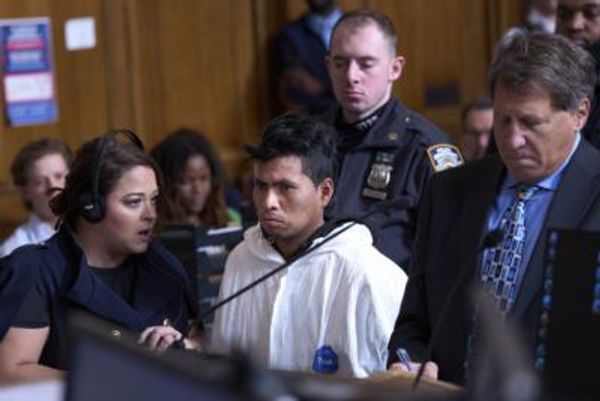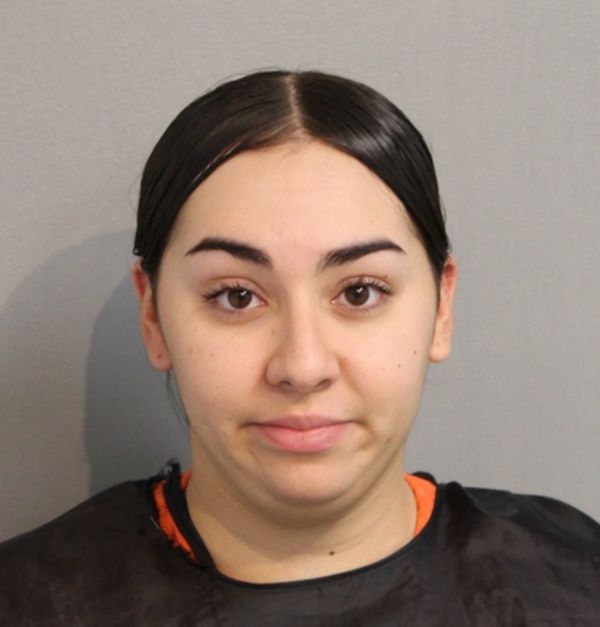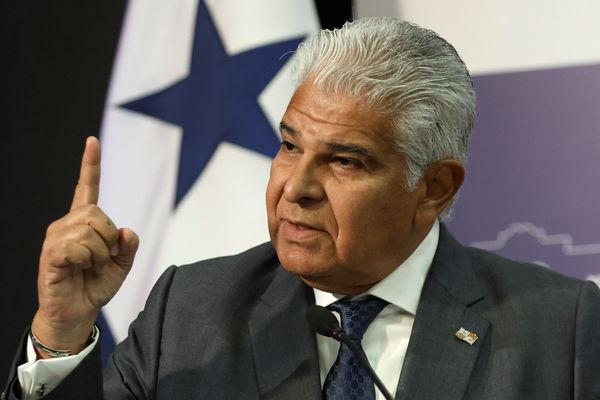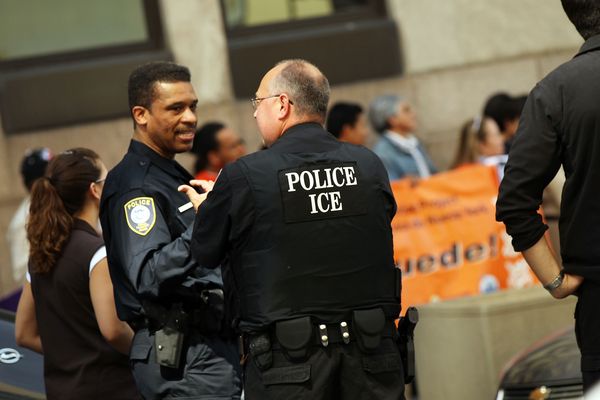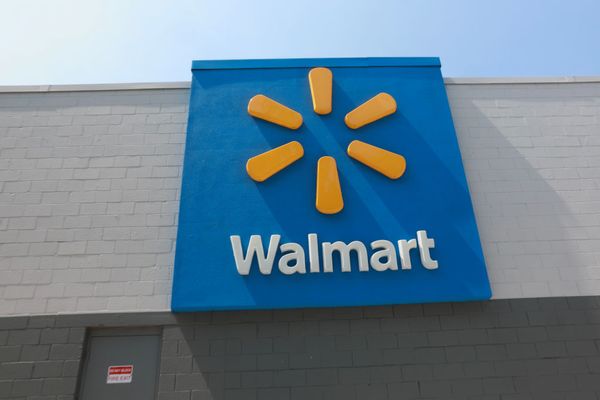OTTAWA — The federal government is offering cities a one-time cash infusion of $750 million to help make up for shortfalls in transit revenues linked to COVID-19.
But the pledge comes with what Finance Minister Chrystia Freeland calls two "reasonable requirements."
Provinces must match the funding, and work with cities to more quickly increase the supply of housing.
Freeland says municipalities need the financial help to manage the economic repercussions of the pandemic and maintain transit systems.
Ridership dropped precipitously during the first wave of COVID-19 and has remained low through rounds of restrictions, depriving municipal coffers of the money needed to run and maintain buses, subways and light-rail systems.
The mayors of Canada's biggest cities asked during last year's federal election for a multi-year funding commitment to help make up shortfalls that could take beyond the pandemic to recoup.
Late last month, the Federation of Canadian Municipalities raised the need for urgent financial support as the Omicron wave of COVID-19 further strained systems, projecting serious ridership and revenue problems.
In Toronto, the operating shortfall this year is expected to be $561 million, Edmonton is forecasting a $53.7-million shortfall and Vancouver expects a deficit of up to $100 million.
The federation's big city mayors' caucus warned that too little funding could lead to transit cuts, fare hikes or property tax increases that could limit the economic recovery.
Halifax Mayor Mike Savage, who heads the big city mayors' group, called the funding pledge key to maintaining transit services and stabilizing municipal budgets, and welcomed the chance to work with provincial leaders to get the money flowing.
The Finance Department says funding for provinces and territories would be based on a formula that considers ridership and population counts.
This report by The Canadian Press was first published Feb. 17, 2022.
The Canadian Press
